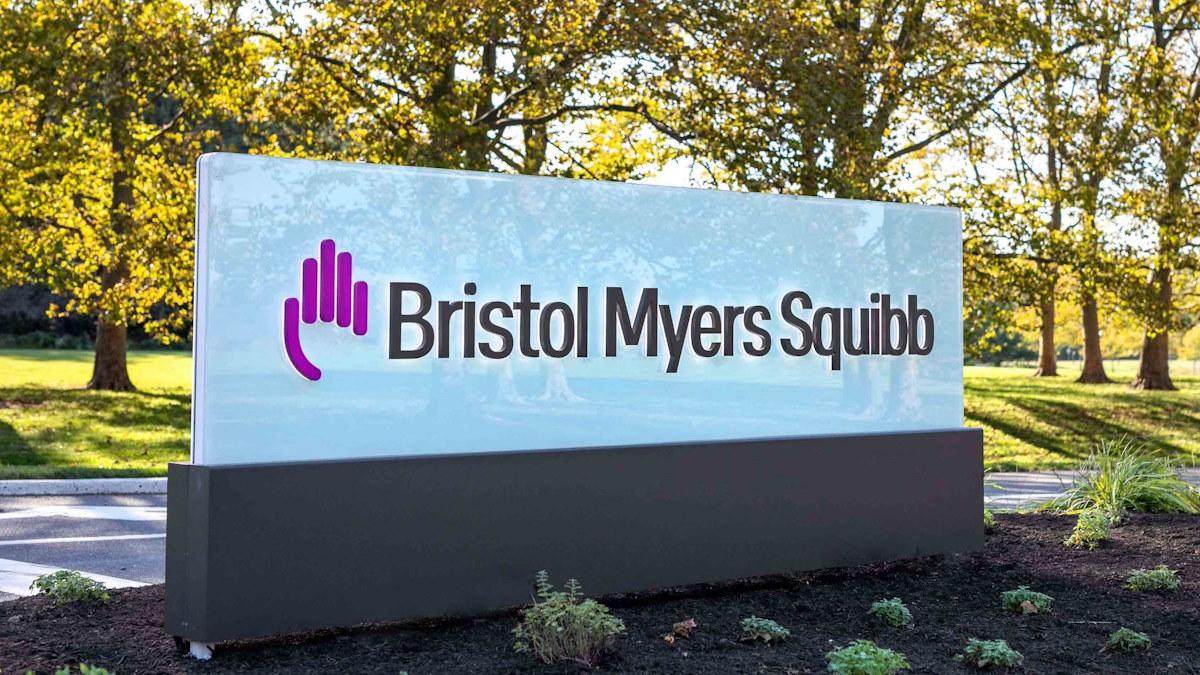Celgene investors’ CVR payment looks rocky, as FDA rejects ide-cel file

The chances of former shareholders in Celgene missing out on the big pay-out from their contingent value right (CVR) deal with Bristol-Myers Squibb have risen sharply, after the FDA refused to accept a filing for CAR-T therapy ide-cel.
The investors accepted a CVR to sweeten the $74 billion takeover deal with BMS last November, with each Celgene share entitling the owner to a CVR of $9 – but only if three drugs are approved by the FDA by a certain deadline.
So far, only one of those three has hit the criteria laid out in the CVR agreement. Celgene’s multiple sclerosis drug Zeposia (ozanimod) was approved in March, but there has now been delays to the other two – both CAR-T therapies.
Earlier this month, the FDA announced a three-month delay to the lead CAR-T liso-cel (lisocabtagene maraleucel), setting a new review deadline of 16 November and making approval by the 31 December deadline laid out in the CVR a close-run thing.
Now, the refusal-to-file for ide-cel (idecabtagene vicleucel; formerly bb2121) – which BMS says was related to additional data needed from the chemistry, manufacturing and controls (CMC) part of the dossier – puts the 31 March, 2021 approval deadline for that programme in jeopardy.
The company’s chief executive Giovanni Caforio said the company is “surprised and disappointed” by the FDA’s decision on a conference call, adding that it will be meeting with development partner bluebird bio as quickly as possible to try to resubmit the dossier by the end of July, requesting a priority review from the FDA.
There’s no request for additional clinical or preclinical data, said BMS, which stressed that it remains completely confident in the profile of ide-cel and its approvability.
The company faced persistent questioning on the call about how the CMC data could have missed the mark, given the experienced management team at BMS.
bluebird bio has a regulatory hiccup in its history – it had to delay the launch of its gene therapy Zynteglo in Europe and a US filing over a manufacturing issue – but BMS told analysts it had primary responsibility for the ide-cel filing.
If BMS and bluebird bio can meet the end-July resubmission date, they will have an eight-month window to get approval and satisfy the CVR criteria.
Ide-cel is intended to treat patients with heavily pre-treated relapsed and refractory multiple myeloma, AND was submitted to the FDA in March.













